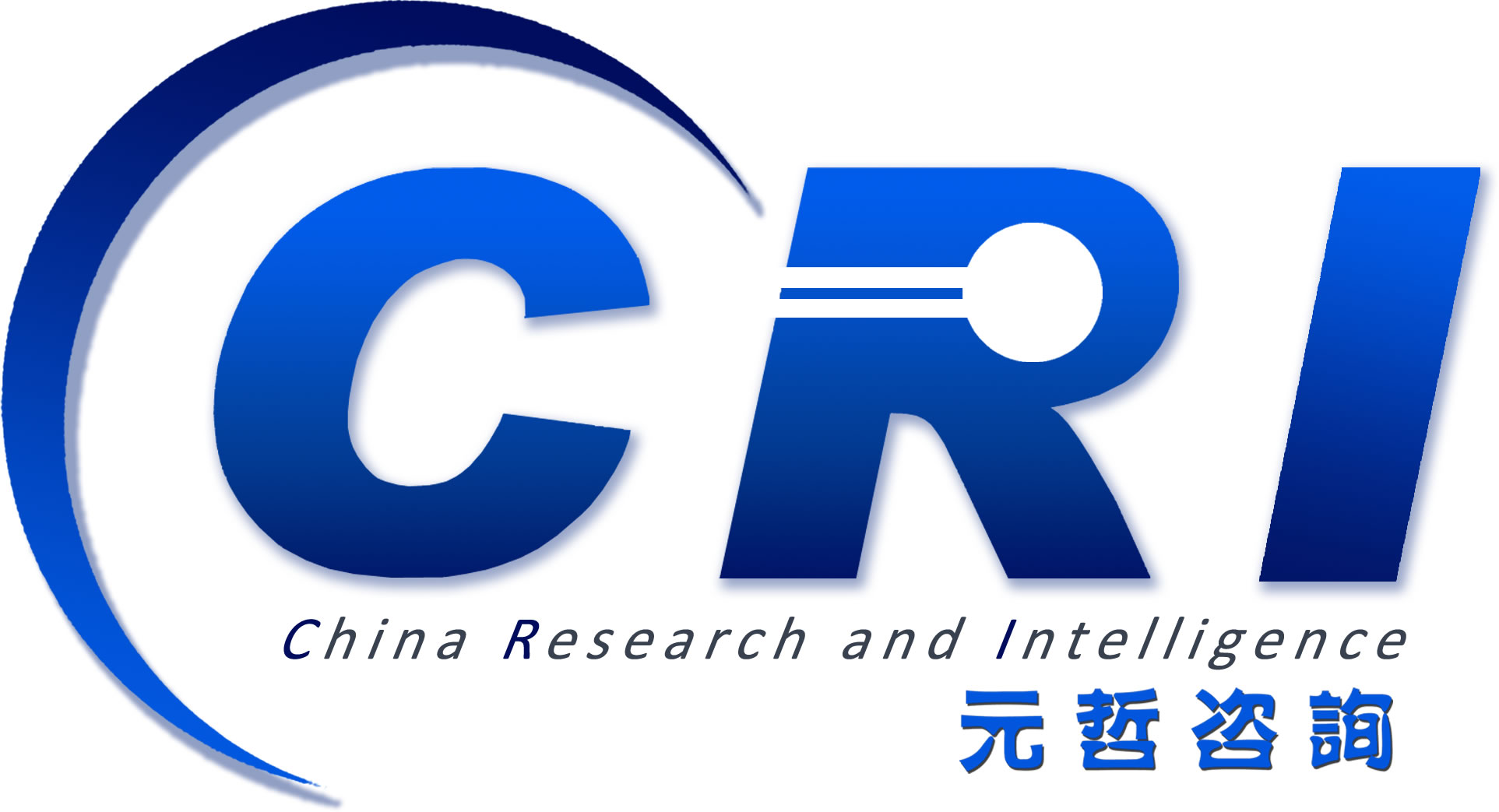Black Mass Recycling Market Overview
The global black mass recycling market is estimated to reach $52,990.87 million in 2031, reveals the premium market intelligence study. The study also highlights that the market is set to witness a CAGR of 21.45% during the forecast period 2022-2031.
USP of the Report
• Market ranking analysis based on product portfolios, recent developments, and regional spread
• Patent analysis, start-up landscape, including product adoption scenario
Analyst Perspective
According to Pooja Tanna, Lead Analyst of the report, black mass recycling is the technique of recovering priceless metals and other materials from used lithium-ion batteries. Lithium-ion batteries are widely utilised in a range of devices, including electric cars, laptop computers, and cell phones. When these batteries have reached its end-of-the-life, they can be recycled using metallurgical processes to recover important metals including lithium, cobalt, nickel, and copper.
The terminology “black mass” refers to the mixture of cathode and anode materials found in discharged lithium-ion batteries. During the refining process, the black material is treated with various chemicals and techniques to recover valuable metals. The recovered metals can be utilised to make new batteries, decreasing the need for mining and the environmental impact of mining. The amount of hazardous trash that would otherwise wind up in landfills can also be decreased with the recycling of these batteries. Altogether, black mass recycling is a crucial procedure for the long-term management of lithium-ion batteries as well as the recovery of key metals.
Key Companies Operating in The Market
Key players in the global black mass recycling market analysed and profiled in the study involve black mass recycling providers. Moreover, a detailed competitive benchmarking of the players operating in the global black mass recycling market has been done to help the reader understand how players stack against each other, presenting a clear market landscape. Additionally, comprehensive competitive strategies such as partnerships, agreements, and collaborations will aid the reader in understanding the untapped revenue pockets in the market.
The key players profiled in the report include BASF SE, Umicore, Tenova S.p.A., Li–Cycle Corp., Lithion Recycling, AKKUSER, Duesenfeld, ELECTRA, ROYALBEES, RUBAMIN, Aqua Metals Inc., HYDROVOLT AS, SungEel Hi-Tech. Co., Ltd., ECOGRAF, Fortum, Redux GmbH, Green Li-ion Pte Ltd., TATA Chemicals Ltd., ATTERO, and Exigo Recycling Pvt. Ltd.
Key Questions Answered in the Report/h3>
• What are the major factors and trends that are impacting the black mass recycling market?
• How has COVID-19 impacted the black mass recycling market across the globe? What are the major disruptions in the supply chain?
• What are the steps taken by the existing players to improve/maintain their market positioning and the strategy adopted by new players entering in market space?
• Which is the leading segment in the technology and application in the market, and how are they going to perform during the forecast period?
• What are the latest developments in various countries across the globe for the development of the black mass recycling market?
• With the development of technology and sustainable energy options, batteries are playing an increasingly vital role. It is crucial to understand how batteries are recycled and the substantial contribution they can make to the circular economy. As a result, what are the critical stages of black mass recycling?
• How has the Russia-Ukraine war impacted the black mass recycling market? What are the major disruptions in the supply chain?
